Sierra Leone abolishes ‘dastardly’ death penalty
By AFP
13 October 2021 |
6:25 am
Sierra Leone's President, Julius Maada Bio, announces the abolition of the death penalty during a ceremony in Freetown after lawmakers approved the bill to abolish the capital punishment in July. Sierra Leone, which is still recovering after decades of civil war, had frequently come under fire from rights groups for keeping capital punishment on the books. Ninety-four people were living under a death sentence at the end of 2020, according to deputy minister of justice Umaru Napoleon Koroma.
In this article
Related
2 hours ago
Related
12 Apr
Will South Africa's ex-president Jacob Zuma run for president on behalf of a new political organization that he joined last year after denouncing the ruling African National Congress party that he once led?
4 days ago
In the Rwandan village of Mbyo, Tutsi who survived the genocide now live together with rehabilitated Hutu perpetrators. But they tell DW it has been a difficult journey.
2 days ago
More than 1,000 people have succumbed to cholera, while tens of thousands across Africa have been infected in a series of deadly cholera outbreaks since the beginning of 2024.
1 day ago
Kenya's military chief Gen. Francis Ogolla, was among 10 people killed in a helicopter crash in the Cheptulel area of Kenya's Rift Valley region, on Thursday, Kenyan President William Ruto confirmed.
2 hours ago
How can a conflict that is taking place right now, and that’s regarded as the biggest humanitarian crisis in the world, become known as the forgotten war? Aid agencies say that after exactly a year of civil war in Sudan, driven by a fight for power between two military factions, the world has turned away.
4 hours ago
Tunde Onakoya, a chess mastermind and founder of Chess in Slums Africa, has just wrapped up a truly inspiring challenge! He attempted to break the Guinness World Record for the longest chess marathon without a loss, aiming to surpass the existing mark of 56 hours and 9 minutes. As at 04:30 am Saturday 20th morning,…
Latest
1 hour ago
Scientists are testing a quadrupedal robot, named Spirit, in the rugged terrain of Oregon's Mount Hood, simulating the extreme conditions of the Moon and Mars.
1 hour ago
Can new laws against hate speech online also reduce harassment in the VTuber scene?
1 hour ago
Tunde Onakoya, a chess mastermind and founder of Chess in Slums Africa, has completed an incredible feat! He embarked on a journey to break the Guinness World Record for the longest chess marathon without a loss, aiming to surpass the existing mark of 56 hours and 9 minutes. And in the early hours of today, Saturday, April 20th, Tunde emerged victorious!
2 hours ago
Iranian state media have reported loud explosions in the sky near the central city of Isfahan. Tehran says say its air defense systems were activated at a nearby military base and a nuclear facility.
2 hours ago
In this week’s special edition of Access Asia, we focus on India as the country's record-breaking election gets under way. In the past few years, India's ranking in the World Press Freedom Index has plummeted.
1 day ago
Find these stories and much more when you grab a copy of The Guardian on Saturday.
×

Get the latest news delivered straight to your inbox every day of the week. Stay informed with the Guardian’s leading coverage of Nigerian and world news, business, technology and sports.


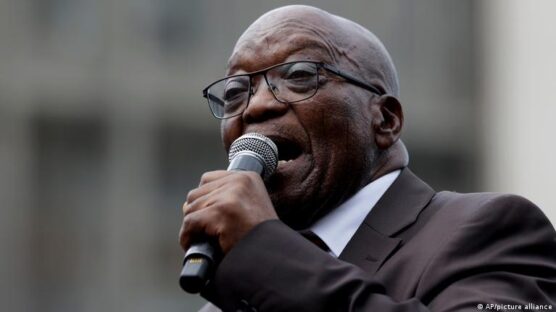
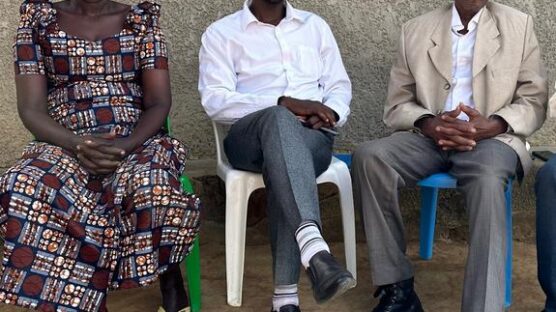
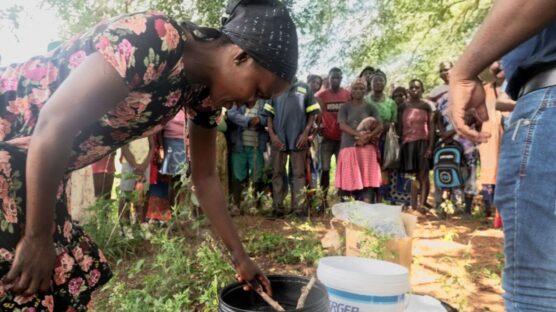
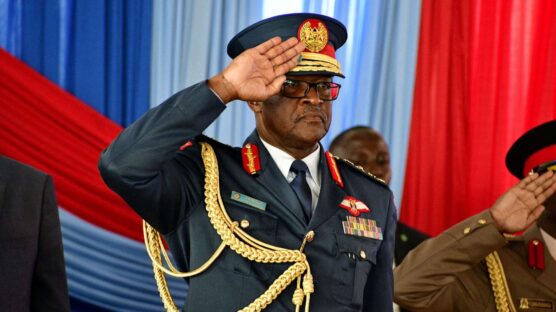
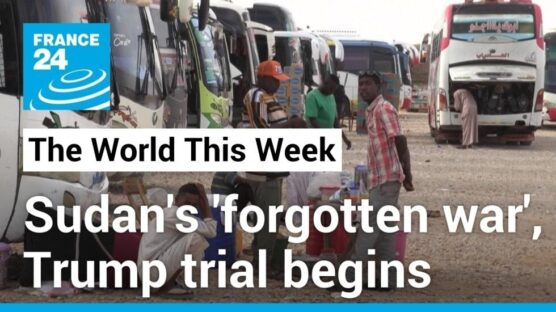
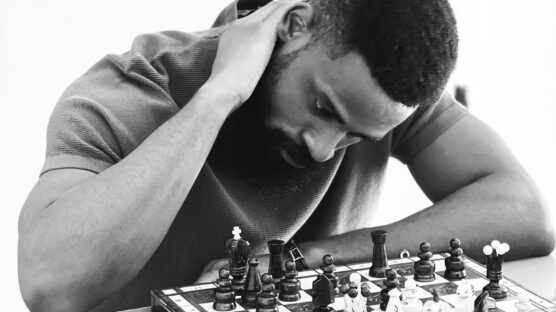




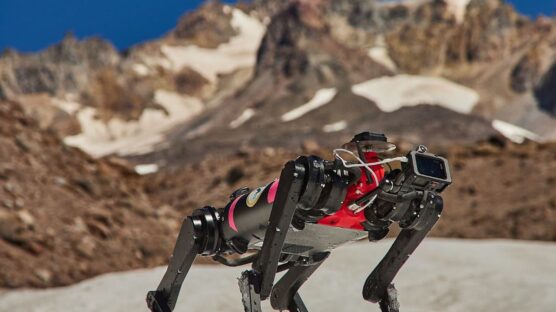
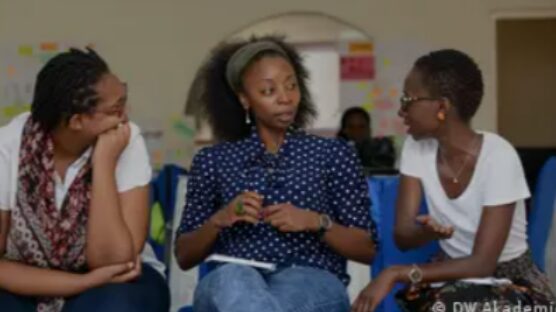

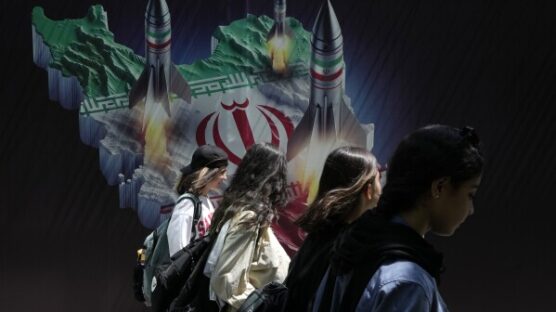
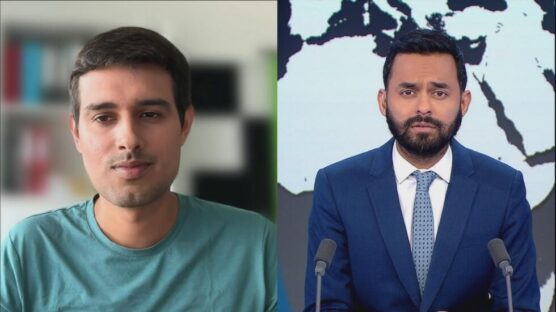

0 Comments
We will review and take appropriate action.